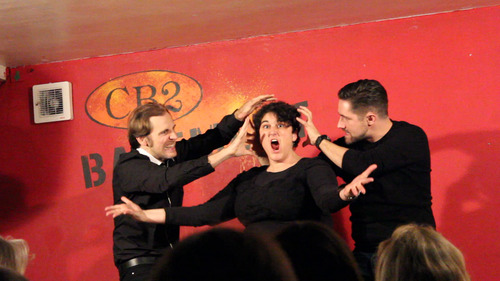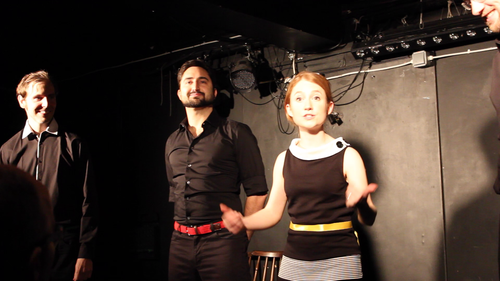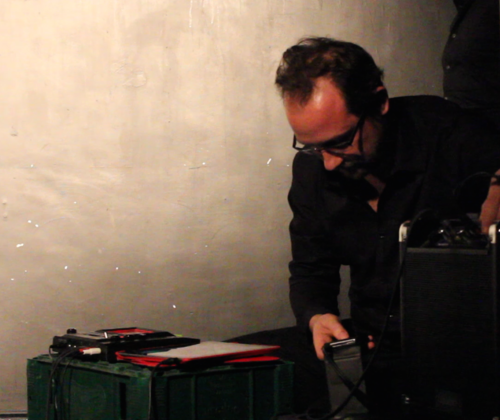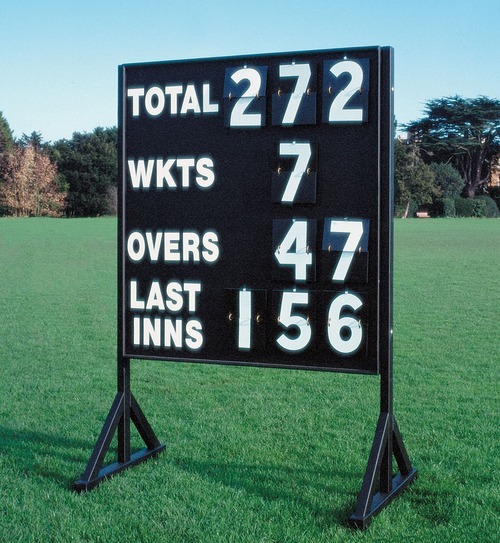# 1
Online I see a lot of conversations about getting culture wrong in roleplaying games and to some extent in improv. These are conversations worth having!
However there is a commonplace mode of playing in improvisation that treats mistakes/ignorance as establishing a useful rule about the character or the world.
Eg if I try and butter Alexa up to do something, then I may be establishing something about my character. But I might be establishing that in this world, you have to treat Alexa nice to get stuff. Which of the two decides on how the cast rolls with it. One thing we don’t do is cancel the scene because it diverts from how the world* works. Rather, we get to use that difference to fork into a parallel reality for exploration.
All I’m pointing out here is that ‘getting stuff wrong’ when creating isn’t itself a bug necessarily, it can be a feature. If the direction you get stuff wrong is derogatory, or the way it’s played with makes it so, then that’s a problem. But a degree of drift from reality, dealt with sensitively, can open up new takes and help us look at things with fresh eyes – not just in the dominant culture which we accept is ripe for remix, but in others too.
*Currently!
# 2
In improv, I’m basically interested in particulars and universals.
I love exploring uniqueness: eg a show where we identified a dragon had a BnB, and my knight felt conflicted because he was up for killing a dragon, but hadn’t planned on murdering a landlord (clearly not a true leftist). Drilling down into things that are so totally of themselves, unique situations and reactions.
And I love exploring the human universals: anxiety, suffering, love, joy. Death, birth, estrangement, connection. Common recognition of our human predicament.
Very often, we find the universal simply through exploring the details – a great scene or show will involve both
I’m least interested in exploring generalities: “middle class be like…”. It appears to do the same thing generating details which are often colourful and specific and marshalling them to explore something wider, but it commits a falsehood, as it claims “these specifics are general (false) and therefore we can draw this conclusion about many people through that generalisation”.
Contrast that with “these details are only true here, now, but by examining it we can find everything for everyone.”
# 3
On an improv forum I frequent we were asked “Instead of thinking we are sharing slices of a finite pie, what is a better metaphor that helps you?”
I answered “we are growing a garden” and got asked to unpack: I think that rather than being in this world (or a given enterprise like improvisation) being like trying to slice up a pie, it is more like growing a garden.
- It’s like growing a garden in that bringing yourself to it and engaging with it makes things flourish, and helps there to be more there than there was before.
- It’s like a garden because as you pay attention to it, you see more things that could be done, more challenges and possibilities. It has more facets, and the more you look the more you see it.
- It’s unlike a pie in all these ways – it is not used up by you engaging with it, it is not used for a single purpose.





